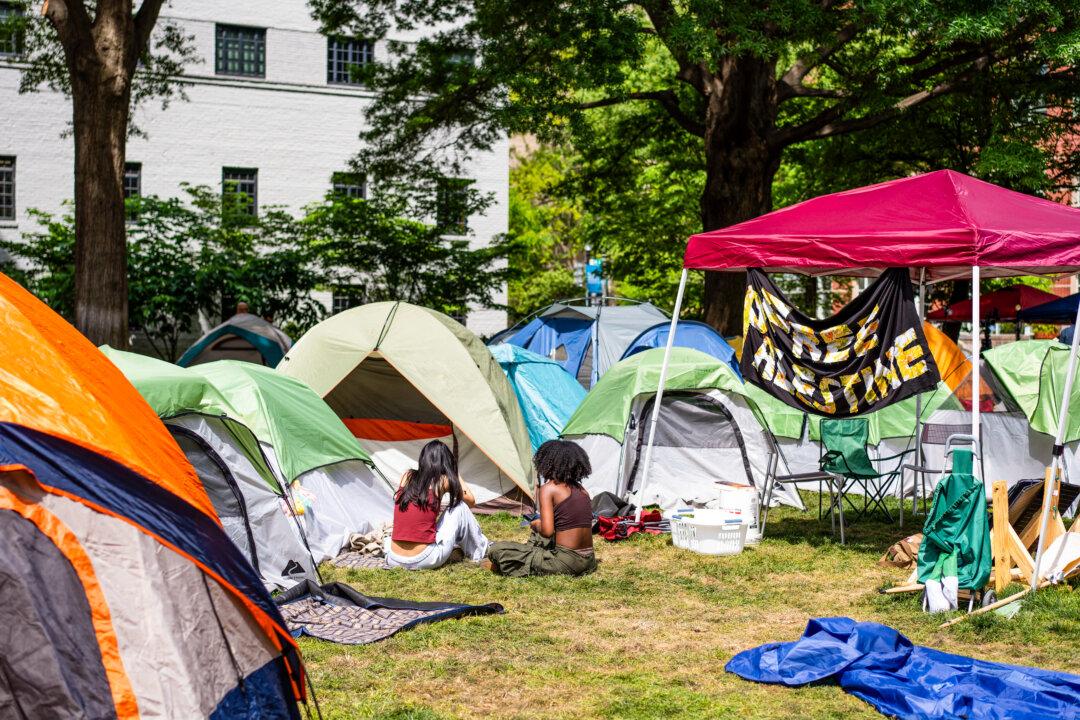Commentary
My first thought after hearing that pro-Palestinian students unlawfully camping out at Columbia University had been arrested was that justice had finally been served. But there was also a tinge of glee—privileged kids had gotten what they deserved, I thought. I don’t wear a MAGA hat, but I’m a retired law and order lawyer who opposed the idea of defunding the police.

